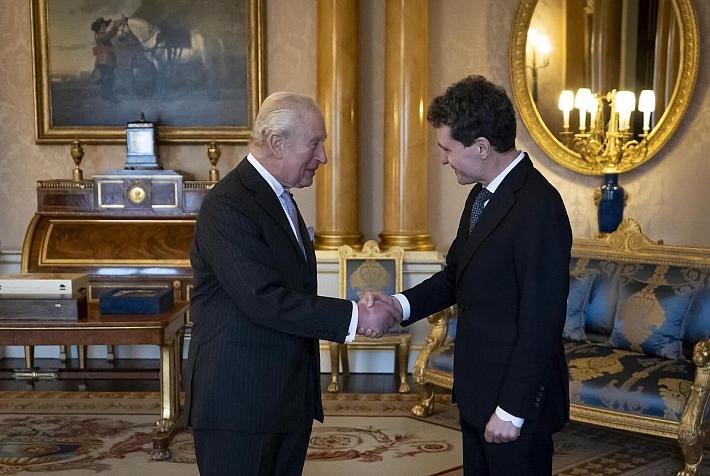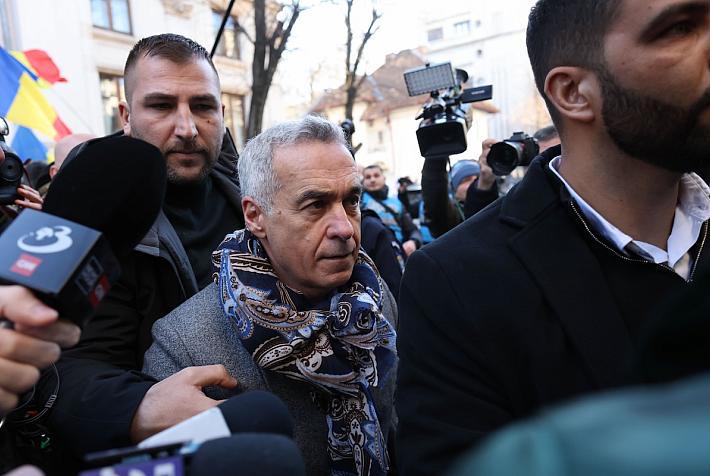GSK and Novartis agree on multi – billion dollar global business line sales, consumer healthcare joint venture

Pharma giants GlaxoSmithKline GSK and Novartis, both active in Romania, announced a multi-billion dollar deal consisting in takeover of business lines and products, and a joint – venture.
The deal will have GSK acquire Novartis’ global vaccines business (excluding influenza vaccines) for USD 5.25 billion with subsequent potential milestone payments of up to USD 1.8 billion and ongoing royalties. Meanwhile Novartis will buy GSK's oncology products, for some USD 16 billion in cash. The two companies will also join forces in creating a new consumer healthcare business by combining their consumer divisions. It is yet uncertain if and how the deal would affect the Romanian market.
“The Novartis OTC portfolio is highly complementary to GSK’s and has many well-known, widely recommended brands such as Voltaren, Excedrin, Otrivin, and Theraflu. Together, we will create the world’s premier OTC business with clear opportunities to accelerate revenue growth,” said Sir Andrew Witty, Chief Executive Officer, GSK.
In a separate deal, Novartis sold its Animal Health Division to Lilly for USD 4.5 billion. For Novartis, the 2013 actual net sales results of its vaccines (including flu) were approximately USD 1.4 billion. Net sales of OTC were USD 2.9 billion and Animal Health were USD 1.1 billion.
The two pharma producers have matched the deal geographically: Novartis would benefit from growth opportunities on high growth emerging markets, while GSK would stand to benefit from exposure to Novartis’ highly successful Central and Eastern European business, the two companies announced.
The three – part transaction is expected to complete during the first half of 2015 subject to approvals. The new consumer healthcare business created via the deal would have pro – forma revenues of USD 10 billion in 2013. GSK will have majority control with an equity interest of 63.5 percent. Emma Walmsley has been appointed as Chief Executive Officer Designate of the new business and will be a member of its Board. Sir Andrew Witty will be Chairman of the Board. The Board will comprise directors from both GSK and Novartis.
The acquisition is expected to strengthen GSK’s manufacturing network and increase overall capacity, notably with the addition of Novartis’ secondary packaging and supply facilities in Rosia, Italy and Marburg, Germany. GSK would also buy new manufacturing sites in India and China.
Potential cost savings would be generated from reductions in selling and administrative costs, removal of infrastructure overlaps and reduced third party contracting as well as through improvements in manufacturing costs. The new GSK businesses would also expect to benefit from new economies of scale and earn greater returns from leveraging sales, distribution and purchasing opportunities across its broader global platform.
The companies will conduct consultations on cost savings proposals with staff, works councils, trade unions and other employee representatives in line with local practice and in accordance with applicable employment legislation.
GSK runs a production unit in Brasov. In late 2013, GSK representatives said they were in talk to sell the factory in Romania, after announcing plans to shut it down because of production overcapacity at a group level.
The factory in Brasov is the second largest drug producer in Romania, and had a turnover of EUR 104 million, and a profit of EUR 11 million in 2012. The factory was opened 20 years ago and produced drugs for HIV/AIDS treatments, drugs for respiratory diseases, depression, cold and flu. Since 1998 when it took it over from Europharm, GSK has invested some USD 100 million in the site.
Novartis runs a factory in Targu Mures, Romania via its Sandoz division.
editor@romania-insider.com












